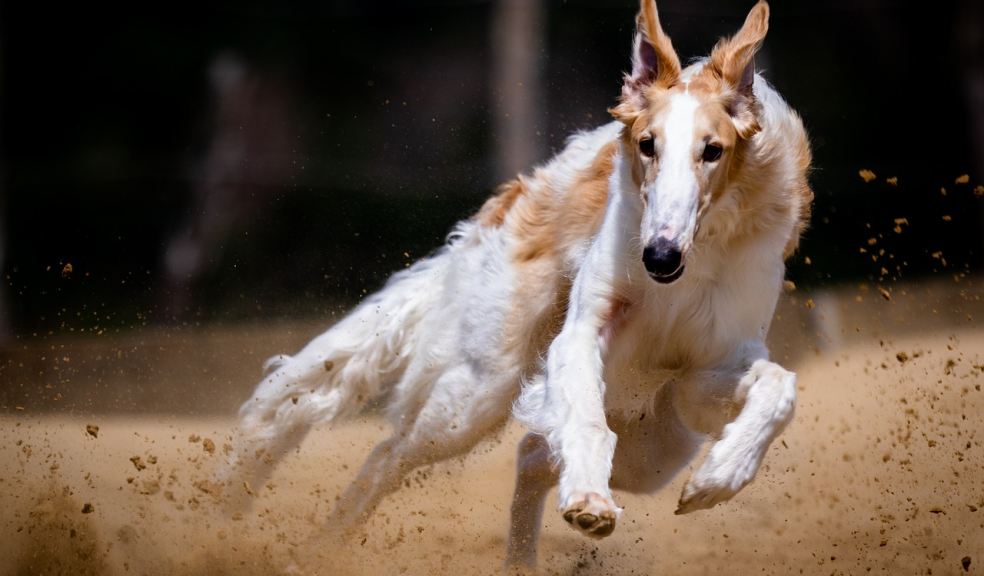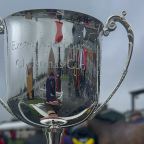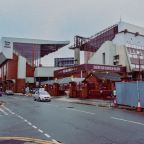
The History and Decline of Greyhound Racing in Devon
In days gone by, an afternoon or evening at the races was commonplace. Greyhound racing was particularly popular in Devon, but it has experienced a sharp decline over the last several years. These events don’t have the glitz and glamour of traditional horse racing dates, like Royal Ascot or the Grand National. There are also moral obligations to the practices involved in some aspects of the sport. As a result, greyhound racing in Devon and other areas of the UK is struggling to survive.
Nevertheless, there is still a healthy appetite for the sport among punters. It’s commonly seen as a much more accessible version of horse racing, with far less showmanship and exclusive dress codes. Most people watch greyhound racing to place bets but it’s easy to enjoy even without doing so. Keep reading for a look at the history and decline of greyhound racing in Devon.
Greyhound Online Betting: A Whole New World
In modern times, one of the most significant ways in which greyhound racing remains popular across the UK is through betting in online bookmakers. In years gone by, the social aspect of heading down to the local stadium to place a few bets and enjoy a refreshment were half the appeal of greyhound betting. Nowadays, you can easily place bets on greyhound races from the comfort of your own home.
While this can be seen to affect the numbers that attend real life races, it can also be seen as one of the last few activities that is keeping interest in the sport alive. Greyhound racing is still popular in Devon and the surrounding areas, but since the closure of the Halfway Greyhound Track on Torquay Road there has not been a local race meet for punters. Greyhound betting sites offer these people a comprehensive array of betting options and give them a chance to enjoy and support the sport they love.
How did Greyhound Racing Begin?
Although you might think it’s been around as long as traditional horse racing, this isn’t the case. The roots of greyhound racing can be found in the “coursing” of 1800s hunting. Back then, hunters would use greyhounds to chase game or other small animals during the hunt. The first recognised attempt to make a greyhound track was in Hendon, England, around 1876. However, it was quickly aborted.
Modern greyhound racing didn’t start in earnest until the early 1900s when an American called Owen Patrick Smith created the first mechanical hare. The first professional racetrack was opened in 1919 and they quickly spread across the US.
The origins of genuine greyhound racing in Devon can be found in the 1920s when the oval track and mechanical hare were introduced to the UK. While coursing was an established tradition in Dartmoor and other areas, this was the first time Devon experienced a genuine racetrack. By the end of the 1920s, there were over 50 tracks dotted across the country.
When was Greyhound Racing in Devon at its Most Popular?
Greyhound racing in Devon reached its popularity peak during and just after the Second World War. Attendances across the country were estimated to be around 75 million during 1946, which puts the sport’s incredible popularity into perspective. What’s more, annual turnover in this period is estimated at £196,431,430. The aforementioned Halfway Greyhound Track was hugely popular with locals and outside punters alike and its closure in the 1970s was a big blow to greyhound racing in the area.
A Few Reasons Behind the Decline of Greyhound Racing in Devon
Devon had a rich tradition in greyhound racing throughout the 1940s and 1950s. However, things started to go downhill in the 1960s for various reasons. The UK Betting and Gaming Act of 1960 was a significant catalyst for the sport’s decline, but it wasn’t the only one. Here are a few of the main things that contributed to the overall decline of greyhound racing in Devon
- Other Events: Devon experienced a sharp increase in other social gaming events during the 1960s. For example, several bingo halls popped up, taking away a considerable amount of attention from the traditional greyhound tracks. Nowadays, there are plenty of Devon events for locals to enjoy. Greyhound racing has sometimes struggled to adapt to a crowded market.
- TV: the 1960s saw many technological evolutions and the invention of colour television was a significant example. While this gave millions of people across the country a new way to watch sports and other events, it was also a major reason behind greyhound racing in Devon’s decline. People no longer had to visit physical greyhound tracks to get their entertainment, and this caused the beginning of the end for the tradition.
- Tourism: the news of a fresh tourism network in Devon is great news for locals and travelling tourists alike. Nevertheless, the emergence of tourism in the 1960s and onwards also caused greyhound racing’s decline. People no longer had to rely on racing for as much of their income, with other ventures, like B&Bs, ultimately proving to be an easier way to make cash.












